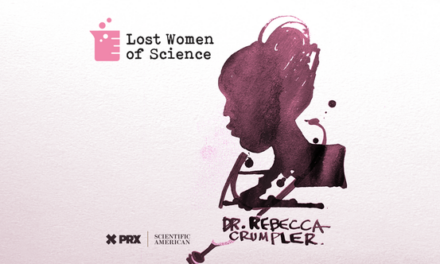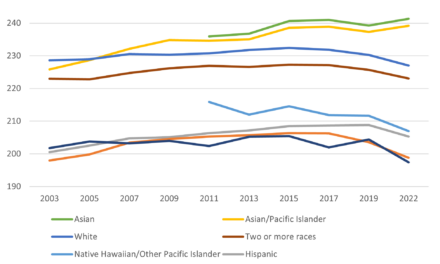BROOKLYN PARK, Minn. — As Calandra Revering prepares to open her cannabis business, portraits of Martin Luther King Jr., Breonna Taylor and former Minnesota Supreme Court Justice Alan Page are ready to hang on its walls.
All of these people, she said, represent the fight for justice—a principle that’s guided her work as a criminal defense attorney and a motivator to start her own business in the burgeoning cannabis industry.
“I hope that someone comes here, and they say, I can do this too,” said Revering in a recent interview.
The Good Zen opens in Brooklyn Park this weekend, fulfilling a dream of hers. But she hopes the space is more than just a store selling hemp-derived THC products. She wants to be a resource for other people of color and women looking to get into an industry dominated by white men.
“The people of Minnesota deserve this. We deserve to get into the space and make it what the bill intends. And that is to make it for Minnesotans, by Minnesotans,” she said.
A core goal of the law legalizing marijuana, bill authors have said, is to right the wrongs of prohibition that disproportionately impacted people of color. Under the new law giving the green light to weed for users 21 and older, low-level cannabis offenses will be automatically expunged.
The state cannabis office will also consider “social equity” as a criteria when issuing business licenses. And some tax revenues will be reinvested as grants into communities most harmed by the old laws.
Nationwide, men make up nearly 80% of the cannabis business owners, according to a survey from MJBizDaily. A separate report from Leafly shows Black people owned just 2% of the cannabis companies in the over $18 billion industry.
Aware of those statistics, Revering started the Minnesota Association for Black Cannabis Professionals to be a resource for her community and help them navigate the new industry in Minnesota, which has complex regulations.
She believes her legal expertise can help. And there’s been a lot of interest in the group, she said.
“I feel that the bill is written so that cannabis can remain at a local level, but I think there’s a lack of how the information is getting to minority communities,” she explained. “Because when I attend events, I don’t see people who look like me. So I hope to be that channel, to give that information.”
The law establishes a program designed to help farmers eager to grow cannabis plants and entrepreneurs understand the law and its rules. There’s another one with grants aimed at jump-starting new businesses.
Each of them instruct the Office of Cannabis Management to give weight to whether or not the program will serve someone is a “social equity” applicant, like someone a convicted of cannabis offense, veterans, Minnesotans from high poverty areas, or “emerging farmers.”
In an interview with WCCO in August, Angela Dawson, president of the 40 Acre Co-op and the group The Great Rise, praised the work by the legislature to put social equity at the forefront of the new law, but worried about the delay until these programs are operational.
The cannabis office is still in its infancy.
“Our work isn’t done,” Dawson explained. “Even though there is a lot in the bill around equity, we still have to do a lot of work to make sure that the equity is realized by the people who really need it.”
Eventually, when the Office of Cannabis Management is fully up and running, Revering hopes to get a license to operate a dispensary selling adult-use marijuana. She wants to have the first Black, woman-owned store selling products.
Officials don’t anticipate any retail sales until early 2025, but Minnesotans can grow up to two pounds of marijuana in their home as of Aug. 1.





